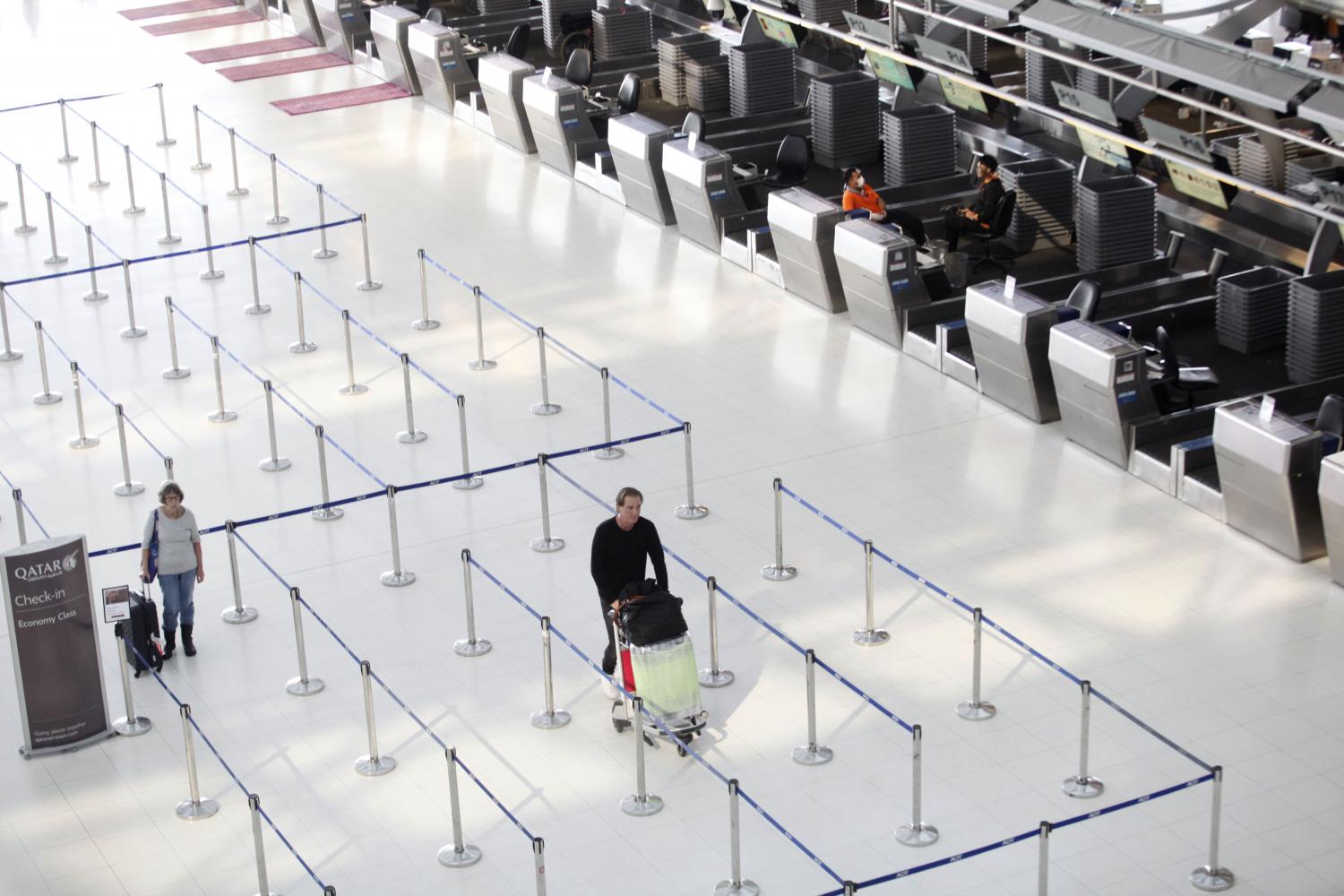
The domestic meeting and leisure market is seen as the last resort for the local tourism industry to battle the decline in foreign tourists, but despite government aid measures, demand is still slow.
After the delayed fiscal budget was approved, local tourism operators expect spending by state agencies to increase, starting from this month, said Phuriwat Limthavornrat, president of the Association of Domestic Travel.
The domestic meeting and leisure market contributes up to 60% of the total domestic market, said Mr Phuriwat.
Even though operators are aware many agencies are deeply concerned about the Covid-19 outbreak, they hope to secure at least 20% of this segment during March and April as independent tourists remain worried about making trips.
He said hoteliers and restaurant operators are assuring customers about strict hygienic standards, complying with guidelines from the Public Health Ministry.
Today the association has a meeting scheduled with local operators in Rayong to prepare tourism campaigns for Songkran, such as offering up to 50% discounts on hotels in urban areas and Koh Samet, its most famous beach destination.
"Local operators have to use every method imaginable, but pricing is still the most effective way," Mr Phuriwat said.
While the Tourism Authority of Thailand (TAT) slashed its target for international visitors to 33 million this year, it kept its goal for domestic trips at 172 million with total receipts of 1.13 trillion baht, both gains of 4%.
The TAT this month plans to roll out a marketing campaign targeting government authorities to drive domestic tourism by joining hands with Government Pension Fund (GPF) and Dhipaya Insurance.
Discount packages including half-price hotel rooms, lower airfares and car rental, and special discount rates for tourism attractions and restaurants for members of GPF and their families will be available on the TAT's Tourism Department Store platform.
During the Songkran festival in April, they plan to introduce an additional 20 tourism routes with a goal to attract more than 100,000 travellers from 1 million members of the national pension fund.
Hotels in Hua Hin, a destination popular with Thai travellers, have not seen a surge in bookings.
"Normally, 70% of the business in our Hua Hin property is driven by the local market. But as it was pacing slightly down in this period last year, we expect to see growth of around 10-15% between March and April," said Anantara Hua Hin Resort general manager Graeme Ure.
The average occupancy of the hotel in February was 80%, slightly higher than 77% for the same period last year. But forward bookings in March and April are still at 65-70%, weaker than the average of 78-82% in 2019.
He said for the Songkran holiday, the resort already has over 50% of advanced bookings and will be running a full house during this period, resulting from special offers for local residents and expats.
However, the key international markets are down, including Chinese travellers and traditional European long-haul markets such as Britain and Germany.